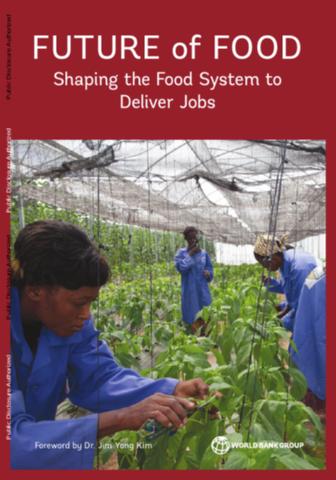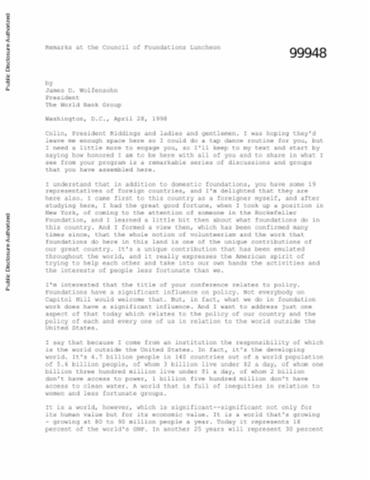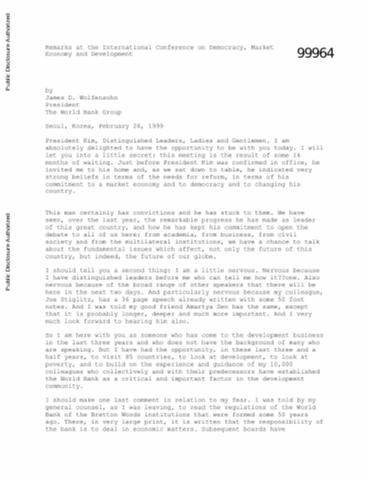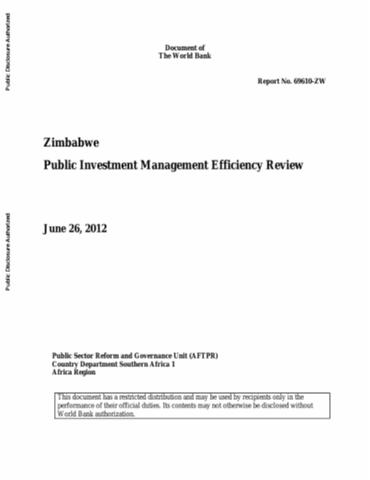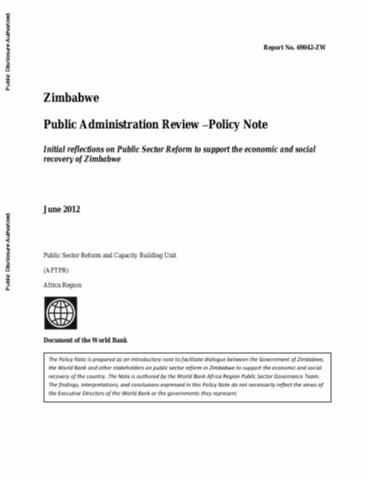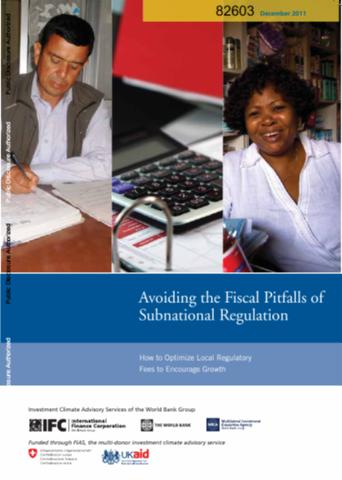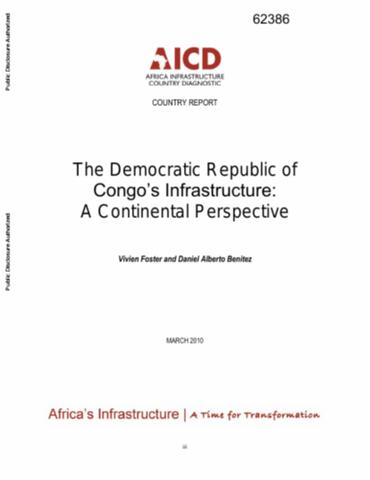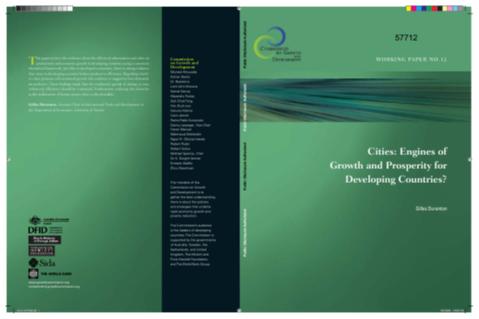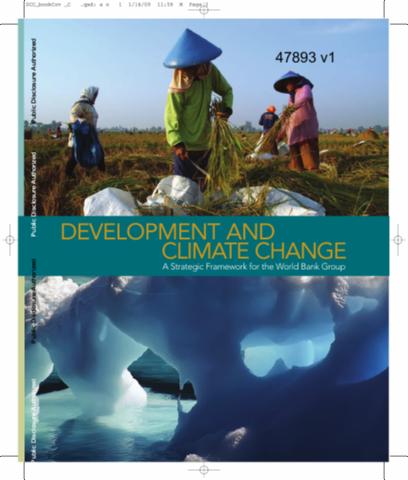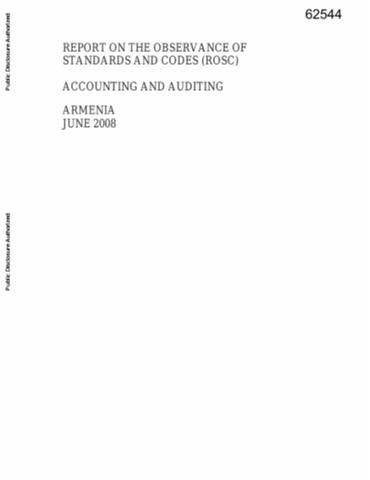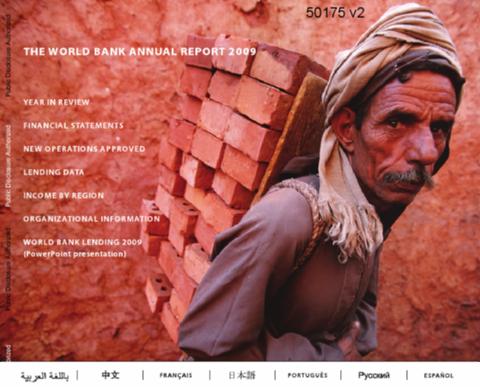Future of Food
Shaping the Food System to Deliver Jobs is the fourth paper in a series on The Future of Food. This paper focuses on how the food system can deliver jobs. It provides a framework for understanding the factors determining the number and quality of jobs in the food system, including inclusion of women and youth. It highlights a set of actions that countries can adopt, adapt, and apply to their own circumstances to enhance the food system’s contribution to jobs.

